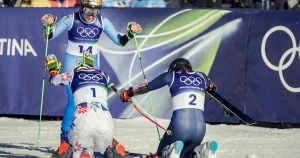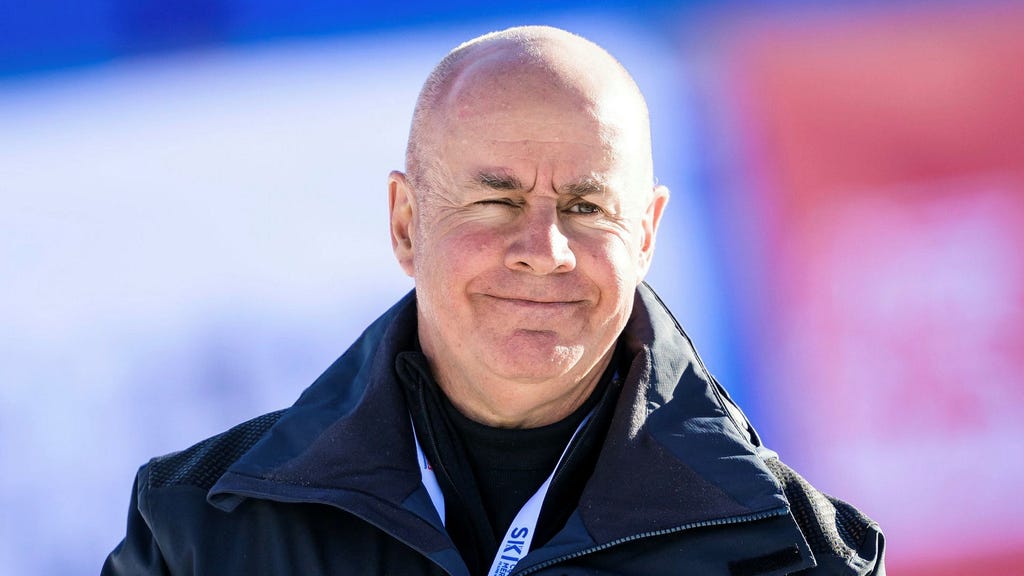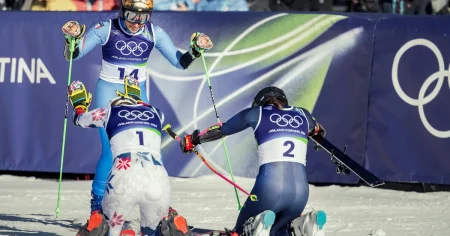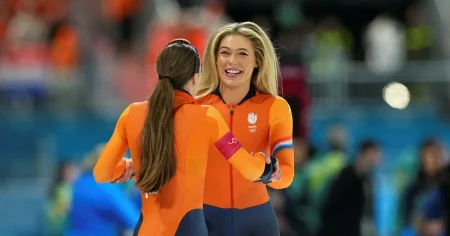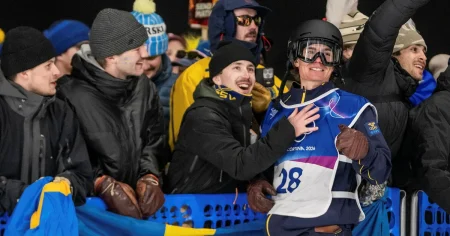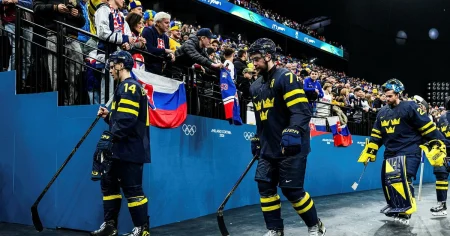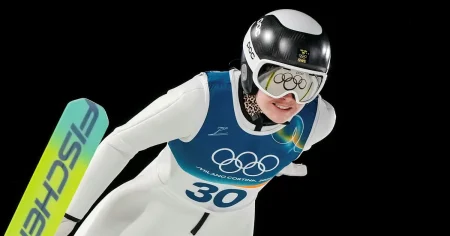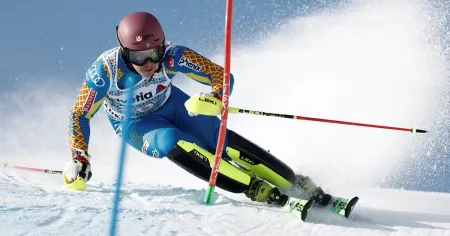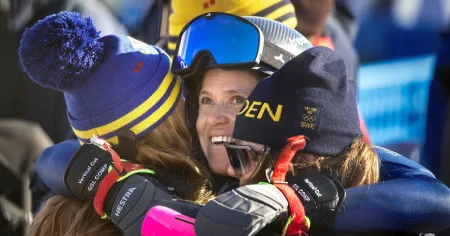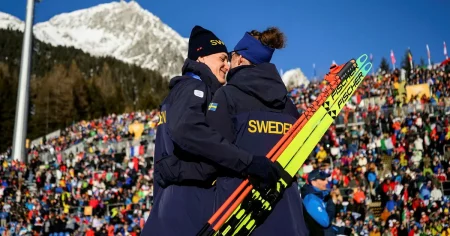The debate surrounding the participation of Russian and Belarusian athletes in international sporting events has been a contentious issue since the onset of the Russo-Ukrainian War. Johan Eliasch, a Swedish-British businessman and candidate for the presidency of the International Olympic Committee (IOC), has advocated for their inclusion under a neutral flag, echoing the conditions set for their participation in the 2024 Paris Olympics. Eliasch argues for a principle of neutrality, emphasizing that athletes should not be penalized for their place of birth or held accountable for the actions of their governments. This position contrasts sharply with the stance of many international sporting bodies, which have imposed bans on Russian and Belarusian athletes in response to the invasion of Ukraine. The central question revolves around the delicate balance between upholding sporting principles of inclusivity and non-discrimination, and responding to the geopolitical realities and moral implications of a nation’s actions on the world stage.
Eliasch’s argument centers on the concept of athlete autonomy and the separation of sport from politics. He contends that athletes dedicate their lives to training and competition, and their participation should not be contingent upon the political climate or decisions made by their governments. By barring athletes based on their nationality, he argues, the international community punishes individuals for circumstances beyond their control, thereby undermining the very principles of fair play and equal opportunity that sport embodies. Furthermore, he suggests that such bans could potentially jeopardize the careers and livelihoods of athletes who have no influence over political decisions. This position aligns with the traditional Olympic ideal of fostering international understanding and cooperation through sport, transcending political divides.
However, the counterargument to Eliasch’s position underscores the gravity of Russia’s actions in Ukraine and the symbolic significance of sporting sanctions. Critics argue that allowing Russian and Belarusian athletes to compete, even under a neutral flag, would effectively normalize and condone Russia’s aggression. Moreover, they contend that sport, particularly on the international stage, is inherently intertwined with politics and national identity. Sporting events often become platforms for national pride and political messaging, and allowing Russian and Belarusian athletes to participate could be interpreted as tacit approval of their governments’ actions. The exclusion of these athletes, therefore, is seen not merely as a punitive measure, but as a necessary statement of solidarity with Ukraine and a condemnation of the war.
The dilemma facing international sporting organizations is complex and multifaceted. On the one hand, the principle of athlete autonomy and the ideal of sport as a unifying force argue for the inclusion of all athletes, regardless of their nationality. On the other hand, the geopolitical context and the moral imperative to condemn Russia’s aggression call for strong measures, including sporting sanctions. The challenge lies in finding a balance between these competing considerations, a balance that respects both the rights of individual athletes and the broader ethical and political implications of sporting participation.
The IOC’s decision to allow Russian and Belarusian athletes to compete under a neutral flag in the Paris Olympics reflects an attempt to navigate this complex terrain. By prohibiting national symbols and anthems, the IOC aims to depoliticize their participation, while simultaneously upholding the principle of inclusivity. However, this compromise solution has satisfied neither side of the debate. Critics argue that the neutral flag is insufficient to address the underlying issue of Russia’s aggression, while supporters of full inclusion maintain that any restriction based on nationality is discriminatory.
The ongoing debate highlights the inherent tension between the idealistic vision of sport as a unifying force and the realities of a world marked by political conflict. The question of how to address the participation of athletes from nations engaged in acts of aggression will likely remain a contentious issue within the international sporting community for the foreseeable future. As the IOC and other sporting bodies grapple with these challenges, the underlying principles of fairness, inclusivity, and the role of sport in society will continue to be examined and redefined. The ultimate resolution will likely involve navigating a complex landscape of competing values and interests, seeking a path that respects both the rights of individual athletes and the broader ethical and political context in which sport operates. Finding this balance will be crucial for maintaining the integrity and credibility of international sport in an increasingly interconnected and politically charged world.



